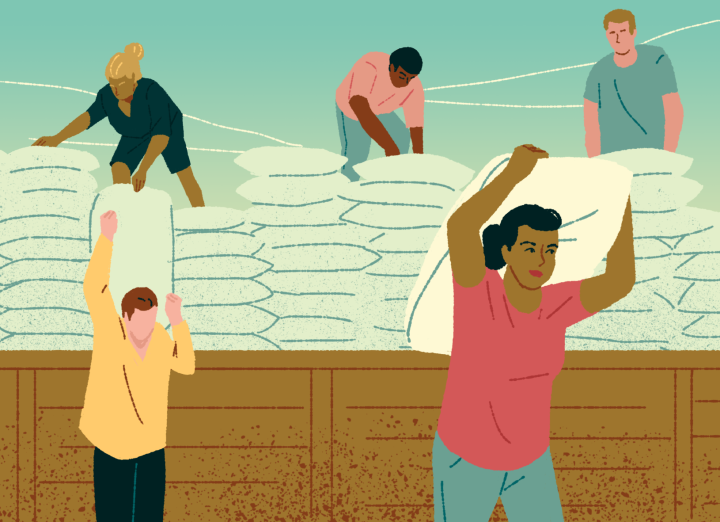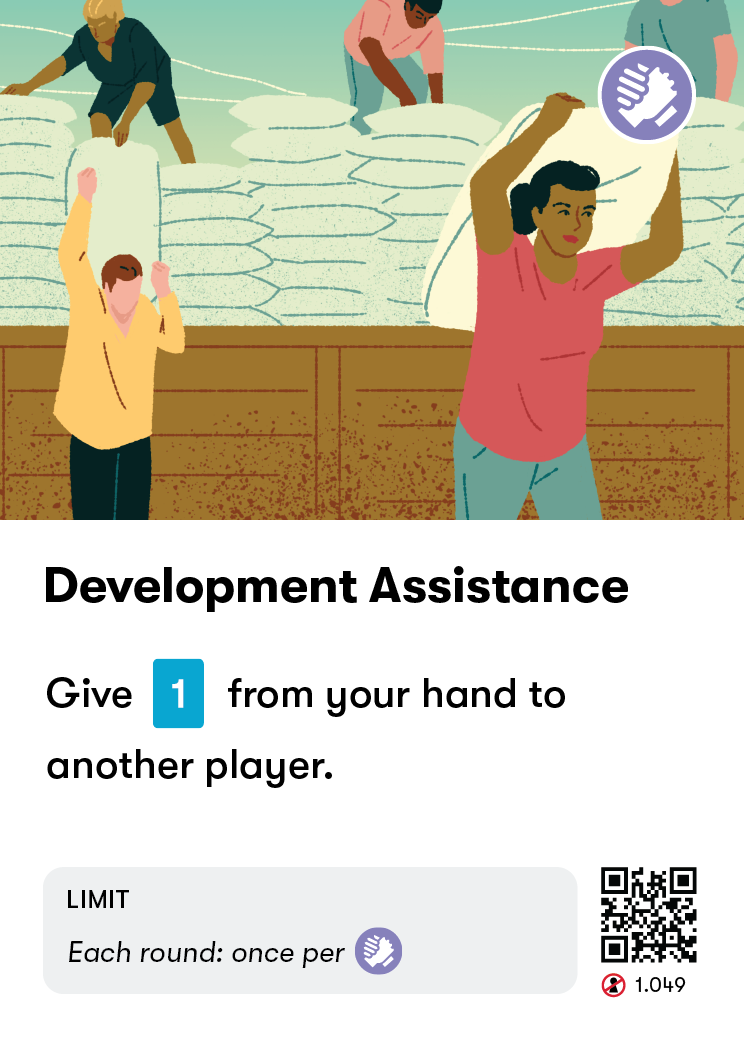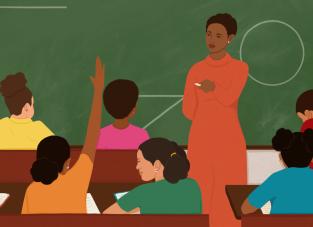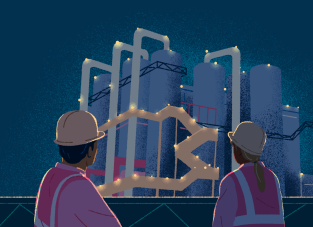Development Assistance
Local Project
Development Assistance refers to the voluntary transfer of resources, for example money, technology, and even people’s time and skills, from one country to another. This transfer is typically from wealthy countries to poorer ones. Governments often give this kind of support to improve the long-term economic, environmental, social, and political development of other nations.
Countries which are historically least responsible for the climate emergency are often most vulnerable to its effects but have fewer resources to adapt. Some wealthy countries have occupied other countries as colonizers, so are also partially responsible for their ability to handle the climate emergency. Many countries have exploited less wealthy countries for a long time, paying less for goods and services than they would at home. Development assistance can transfer important resources to people who need them the most. This assistance can come directly from other countries, or through international organizations like the World Bank or United Nations.
Development assistance, or mandatory alternatives like climate reparations, is important for meeting our climate goals because the climate emergency is a global problem which has mostly been caused by the wealthiest, most industrialized countries. Yet, globally, only 16% of the money needed to avoid the climate emergency is being spent, and very little is being used for development assistance and climate reparations. Often, development assistance is given in the form of loans, meaning countries are forced to pay them back with interest, locking them into expensive debt arrangements. And sometimes, development assistance in the form of aid spending is used to promote trade and companies linked to the country offering the money, serving their own objectives rather than the priorities of the recipient country.
Improving awareness of the connections between mechanisms to redistribute wealth and resources between countries and solutions to the climate emergency could lead to more assistance between countries. More mandatory frameworks and legally-binding systems to share resources around the world led by international bodies like the Intergovernmental Panel on Climate Change would also help accelerate this transfer. Payments should come without repayment requirements or conditions on how it is spent.
Administrative barriers to accessing these resources can make development assistance less effective for vulnerable countries. The fact that a lot of development assistance is voluntary is also challenging, with many wealthy countries failing to meet their commitments. Making these payments legally binding and subject to internationally agreed, fair terms and conditions would help to tackle this.
When you take this action, give another card from your hand to another player to add to their hand.
You may take this action once per Society tag in this card's stack each round.
In the Solo game, discard this card and draw a replacement.

How Countries Can Pay for Climate Action (World Resources Institute, WRI)
Climate Leadership Should Include Foreign Assistance (Center for Strategic & International Studies, CSIS)
The Case for Climate Reparations (It’s Freezing in LA!)
How Aid Became Big Business (Los Angeles Review of Books)
Donate to foreign aid efforts in your country or another country.
Familiarize yourself with your country’s development assistance policies or development assistance needs and advocate for them to serve the interests of recipient countries.
Consider whether your organization is paying fair prices for goods and services abroad - would you be paying more if buying domestically, in which case should you be paying more?
Advocate for significant increases in aid provisions from your country, debt-free and with no conditions on how they are spent, to other countries in light of the climate emergency.



